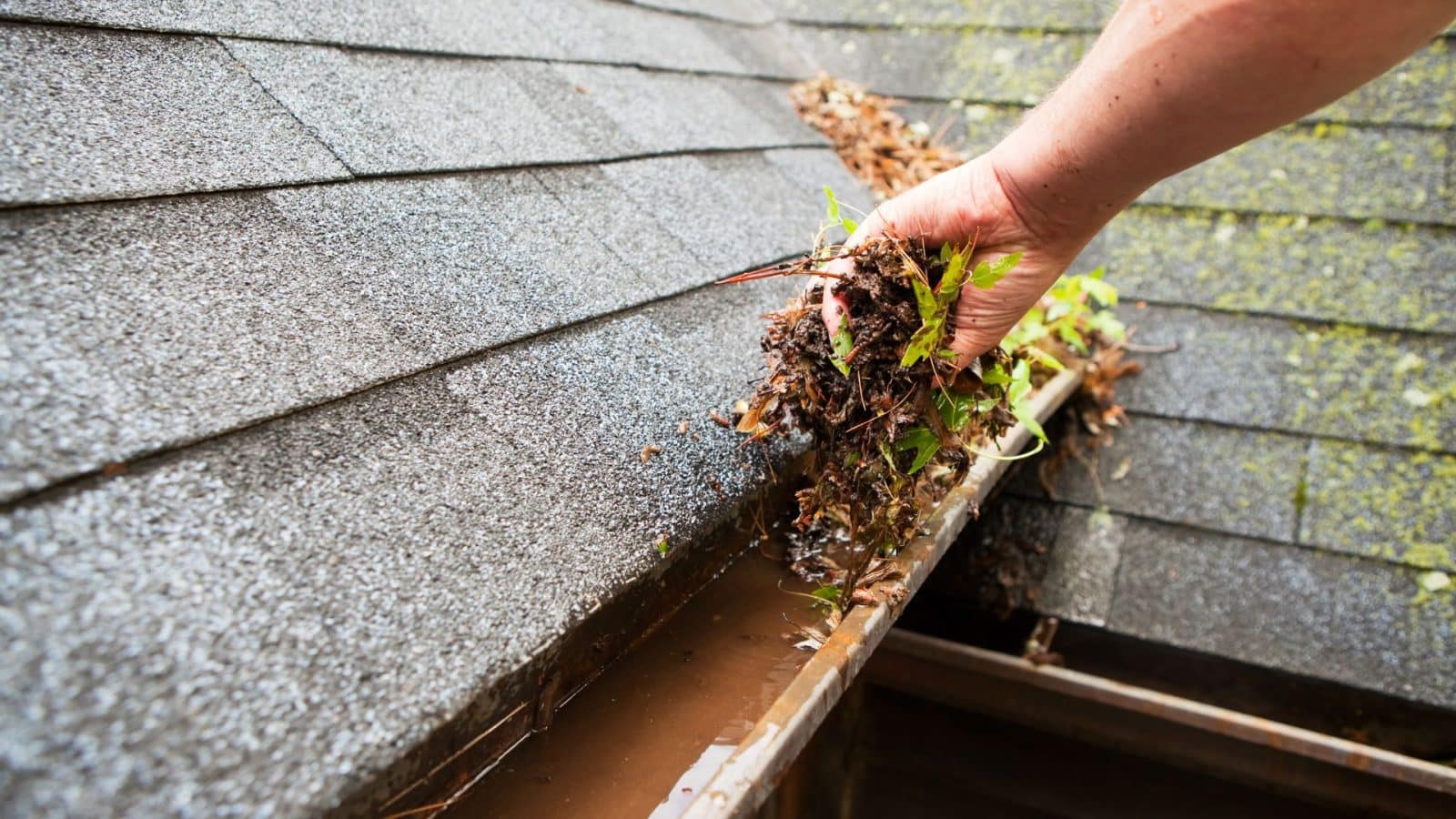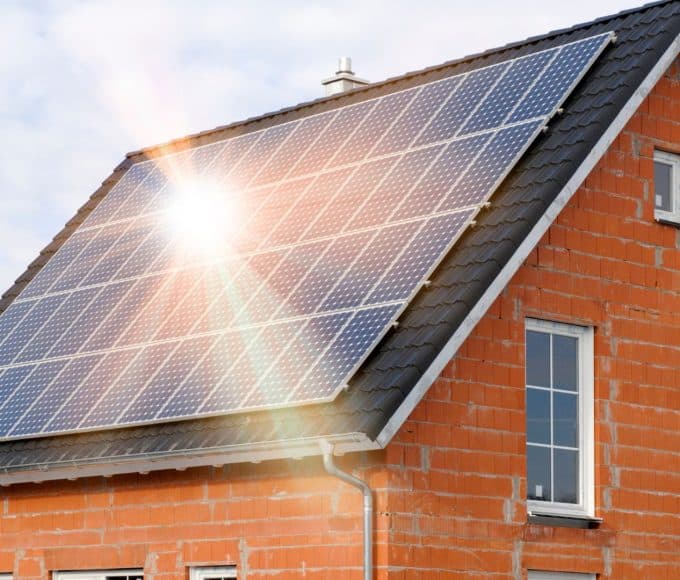Gutters play a crucial role in protecting your home by directing rainwater away from your foundation, walls, and roof. However, when they become clogged with leaves, debris, and dirt, they can cause serious issues that lead to costly repairs. Understanding the dangers of clogged gutters and learning how to properly maintain them can save you from water damage, structural issues, and even pest infestations.
The Dangers of Clogged Gutters
When gutters become blocked, they prevent rainwater from flowing freely, leading to several potential hazards:
1. Roof Damage
Water pooling in clogged gutters can seep under shingles, leading to rot, mold growth, and leaks inside your home. Over time, this weakens the structural integrity of your roof and can result in expensive repairs.
2. Foundation Problems
If water overflows from your gutters and pools around your home’s foundation, it can erode the soil and cause cracks. In severe cases, this may lead to basement flooding and structural instability. Proper gutter maintenance is essential to protect your home from flood damage and prevent costly foundation repairs.
3. Pest Infestations
Standing water in clogged gutters creates the perfect breeding ground for mosquitoes, rodents, and other pests. Birds may also nest in the debris-filled gutters, leading to further blockages and potential damage.
4. Siding and Wall Damage
Overflowing gutters can cause water to run down the sides of your home, leading to staining, mold growth, and wood rot. If left unaddressed, moisture damage can spread to the interior walls, affecting insulation and drywall. This, in turn, may subsequently lead to home foundation damage.
5. Ice Dams in Winter
During colder months, clogged gutters can lead to ice dams—large chunks of ice that form at the roof’s edge. These ice dams can cause significant damage to gutters and shingles, increasing the risk of leaks and roof collapse. For more on this, check out our Roof Maintenance Tips for Winter
How to Maintain Your Gutters
To prevent these issues, it’s essential to keep your gutters clean and well-maintained. Here are some practical steps to ensure they function properly year-round:
1. Clean Gutters Regularly
Make it a habit to clean your gutters at least twice a year—once in the spring and again in the fall. If you live in an area with heavy foliage, consider cleaning them more frequently. Use gloves, a ladder, and a scoop to remove leaves and debris manually, or use a garden hose to flush out smaller particles.
2. Inspect for Damage
Check your gutters for cracks, rust, or sagging sections that could lead to leaks or improper drainage. Ensure downspouts are securely attached and directing water away from your home’s foundation.
3. Install Gutter Guards
Gutter guards or screens can help minimize debris buildup by preventing leaves and large particles from entering. While they won’t eliminate the need for cleaning, they can significantly reduce the frequency of maintenance.
4. Ensure Proper Drainage
Make sure your downspouts extend at least five feet away from your home to prevent water from pooling near the foundation. Consider installing splash blocks or underground drainage systems to improve water flow.
5. Schedule Professional Inspections
If you’re unsure about the condition of your gutters or need help with cleaning, hire a professional. A roofing or gutter specialist can assess your system, perform necessary repairs, and recommend the best maintenance solutions.
Final Thoughts
Keeping your gutters in top shape is an essential part of home maintenance. By taking proactive steps to clean and inspect them regularly, you can prevent costly damages and protect your home from flood damage. Whether you choose to maintain your gutters yourself or hire a professional, staying ahead of potential issues will ensure your home remains safe, dry, and well-protected year-round.
Recommended Readings: How to Make Your Home More Energy-Efficient (And Save Money!)















